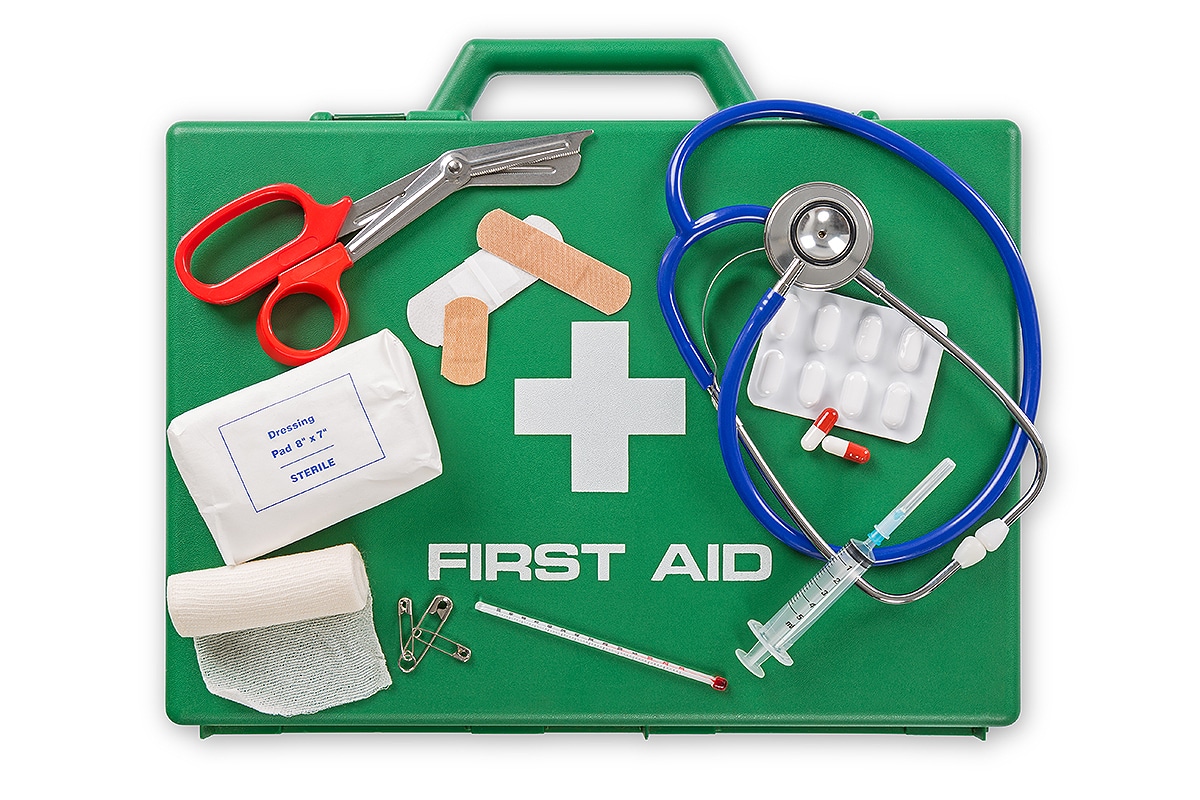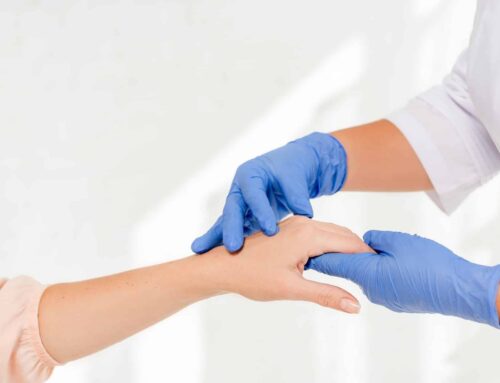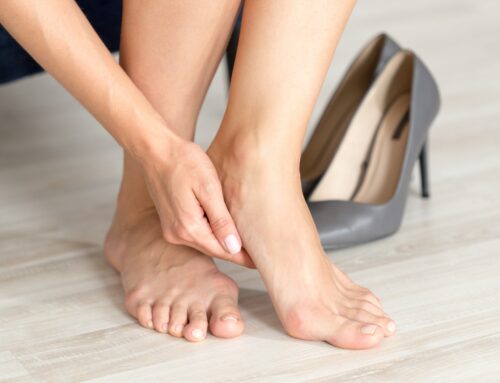Hurricane Injury & Illness Prevention is important, and you need to take the appropriate steps to stay safe. Especially before a hurricane, even if one isn’t headed your way. However, since hurricane season is now among us, we all need to be prepared. Injury prevention is very important. And we should all be careful during and after a hurricane.
There are many injuries that can occur during and after the storm. Typically, during a natural disaster, you are urged to stay indoors. However, after the fact, we are left to clean up the pieces. Whether it be damaged trees, down power lines, or dealing with the horrible heatwave. That comes with the dreaded waiting game of who will get their power back on first.
Most of us have been through at least one hurricane living here in South Florida. Unless of course you’ve been one of the lucky ones and you’ve avoided hurricanes like the plague. Even so, you might have had to go through preparing your home for a one.
Preparing for a Hurricane:
Hurricanes are unpredictable and sometimes they might take a turn or intensify in speed quickly. It’s always important to have a plan for evacuation. Making proper preparations before a hurricane is crucial.
It’s also important to make sure you have at least the essentials on-hand before a hurricane warning comes into effect, or else you will be fighting off the crowds of panicking patrons in search of supplies too.
Before the Hurricane Injury & Illness Prevention:
- Be prepared that you might need to evacuate
- Cut any weak or hanging branches from trees that could fall on your house and keep shrubbery trimmed.
- Install storm shutters to protect your windows from breaking.
- Make sure all of your exterior doors are hurricane proof, have at least three hinges and a deadbolt lock that is at least one-inch long.
- Sliding glass doors should be made of tempered glass and, during a storm, covered with shutters or plywood. These types of doors are more vulnerable to wind damage than most other doors.
- Replace old garage doors and tracks with a door that is approved for both wind pressure and impact protection. The wind coming into your home through an opening this large poses grave problems for the rest of your home—especially your roof.
- Seal outside wall openings such as vents, outdoor electrical outlets, garden hose bibs, and locations where cables or pipes go through the wall. Use a high-quality urethane-based caulk to prevent water penetration.
- If you live in a mobile home make sure you know how to secure it against high winds and be sure to review your mobile home insurance policy.
- If you have a boat on a trailer, know how to anchor the trailer to the ground or house—and review your boat insurance policy.
- Fill all automobile’s gas tanks/ gas cans
During the Storm Injury & Illness Prevention:
- Keep a close eye on television or radio for weather conditions
- Stay indoors at all times until the authorities declare the storm is over
- DO NOT go outside, even if the weather appears to have calmed the calm “eye” of the storm can pass quickly, leaving you outside when strong winds pick back up
- Expect and prepare for the loss of electricity, gas, and water
- Stay clear of all windows and exterior doors and seek shelter in a bathroom or basement. Bathtubs can provide some shelter if you cover yourself with plywood or other materials
- If you lose power, eat perishable food first
- Make sure you have a plan and are prepared to evacuate to a shelter or to a neighbor’s home if your home is damaged.
After the Hurricane Injury & Illness Prevention:
- Do not use contaminated water to wash dishes, brush your teeth, wash and prepare food, or make ice
- Boiling water kills harmful bacteria and parasites. Bringing water to a rolling boil for 1 minute will kill most organisms
- If you suspect that your well may be contaminated, contact your local or state health department or agriculture extension agent for specific advice
- Discard any food not in a waterproof container if there is any chance that it has come into contact with contaminated floodwater
- Always wash your hands with soap and water that has been boiled or disinfected
- If you have wounds, you should be evaluated for a tetanus immunization, just as you would at any other time of injury
- To protect yourself from mosquitoes, use screens on dwellings, and wear clothes with long sleeves and long pants
- Use battery-powered flashlights and lanterns, rather than candles, gas lanterns, or torches when returning home
- If you see frayed wiring or sparks when you restore power, or if there is an odor of something burning but no visible fire, you should immediately shut off the electrical system at the main circuit breaker
- learn proper safety procedures and operating instructions before operating any gas-powered or electric chain saw
- with an electric chain saw, use extreme caution to avoid electrical shock
- when using any power equipment, always wear a safety face shield or eyeglasses, and gloves
- avoid all power lines, particularly those in water
- avoid wading in water. Broken glass, metal fragments, and other debris may be present in the water; and
- be careful of nails and broken glass when removing boards covering the windows.
Hurt or Injured After the Storm?
Hurricane Injury & Illness Prevention is important. And if you are hurt or injured during or after the storm, call 911 immediately. For assistance after the storm or an orthopedic specialist, call us at 888-409-8006. Offices conveniently located in South Florida; Boca Raton, Deerfield Beach, Coral Springs & Plantation.







Leave A Comment